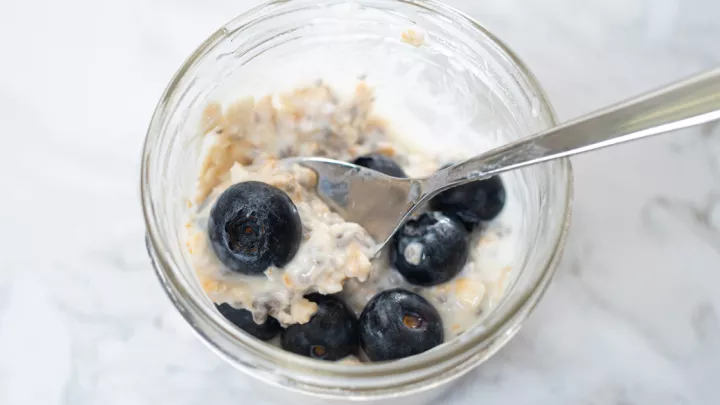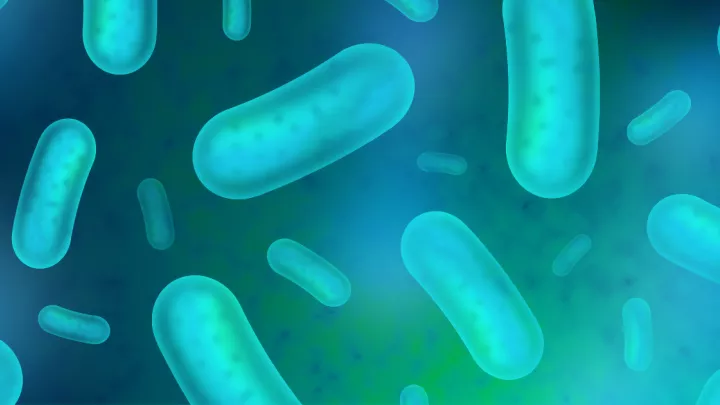Is leaky gut syndrome real?

Leaky gut syndrome has become a buzzword in the wellness community, but is it a legitimate medical diagnosis?
“I’m not sure that leaky gut syndrome is real, but a leaky gut could be real,” says gastroenterologist Peter Mannon, MD. He explains that the gut can become "leaky" or more permeable for various reasons, which can have negative implications for our health.
The gut barrier
The lining of our digestive system is impacted by what we consume, including foods and food additives, medications and even environmental pollution. The lining of our gut is home to a complex ecosystem of microorganisms that play a crucial role in maintaining our overall health.
The cells in the gut lining secrete mucus to create a protective layer, shielding it from harmful substances. These cells produce antibiotic peptides to help defend against bacteria.
Furthermore, the gut lining forms a physical barrier that is dynamic, meaning it can allow certain substances in at some times or close tightly to keep harmful ones out. This barrier helps us regulate our exposure to environmental factors and absorb essential nutrients.
When the gut barrier is compromised
Several factors can interfere with the integrity of the gut barrier and cause it to degrade, including:
- Gut infections
- Binge drinking
- High-fat meals
- The use of nonsteroidal anti-inflammatory drugs, or NSAIDs
Additionally, certain diseases like inflammatory bowel disease, Crohn's disease or ulcerative colitis can cause chronic gut inflammation, further compromising the gut barrier. When the gut barrier is compromised, harmful substances can enter the body, triggering an immune response and leading to increased inflammation.
If left unaddressed, a leaky gut can lead to a chronic low-grade inflammatory state, which has been linked to the development of various health conditions, including heart disease, diabetes, fatty liver disease, high cholesterol and hyperlipidemia.
Maintaining a healthy gut
So, what can we do to keep our gut healthy? It all starts with our diet, according to Dr. Mannon.
“One of the most important things is avoiding processed food if you can because studies and preclinical models have shown some of the food additives we use for shelf life, mouth feel and coloring can degrade the gut barrier,” he says. “It’s a topic of intense interest whether our modern food science and food processing has guided us so far that we’ve actually made food less healthy through processing and additives.”
Dr. Mannon also advises limiting sugar and fat and consuming a wide range of fibrous foods. Fiber-rich foods provide nourishment for the beneficial bacteria in our gut, promoting a healthy gut barrier. These include:
- Fruits and vegetables
- Seeds and nuts
- Whole grains
- Legumes
In conclusion, leaky gut syndrome may not be an officially recognized medical condition, but the concept of a compromised gut barrier is indeed real. By understanding the factors that can lead to a leaky gut and taking steps to support a healthy gut barrier, we can potentially mitigate the risk of developing chronic inflammation and associated health conditions.







